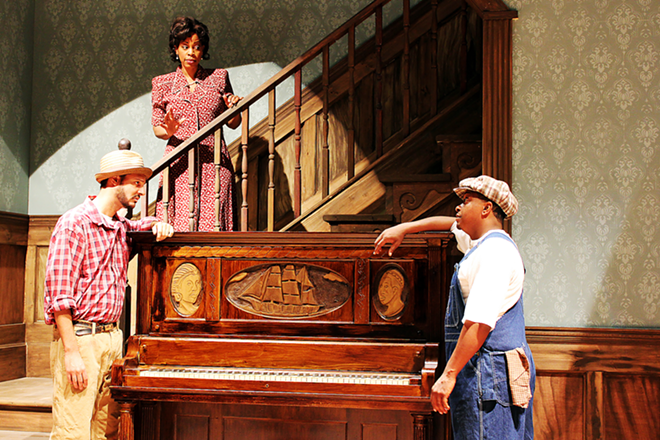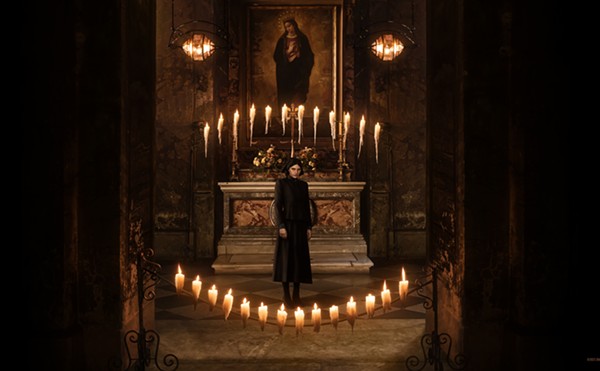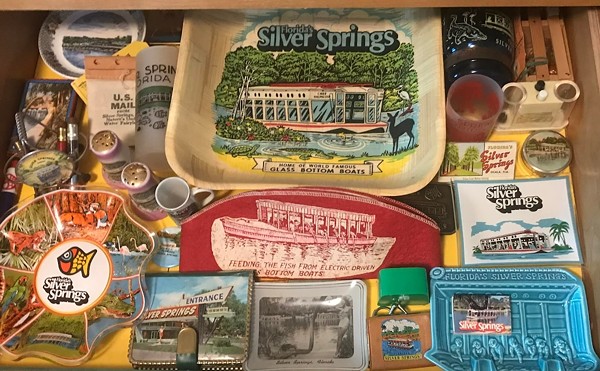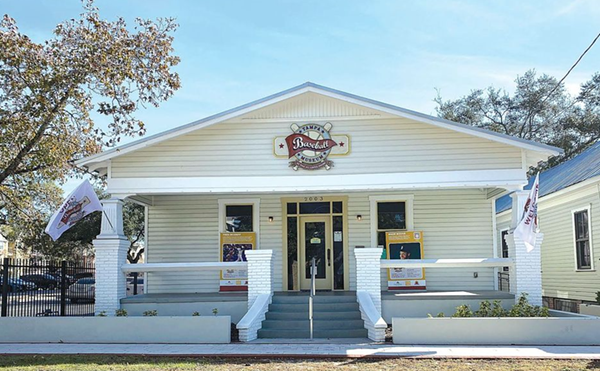
The upright piano that’s at the moral center of August Wilson’s The Piano Lesson was purchased not with money but with slaves in the pre-Civil War South. Its value, in 1936, to a black man named Boy Willie and his sister Berniece is even more pronounced because of the carvings on its wooden body, of births and marriages and funerals and more, the whole pageant of their slave ancestors’ life on the Sutter plantation.
Now the piano resides in Berniece’s house, and the question is whether to hold on to it — with all its painful memories — or to sell it, and with the cash buy Sutter’s own land. Boy Willie wants to sell, but Berniece firmly declines — and of course the real question here is about a tragic past. Should we keep it close, even if it weighs mightily on our present happiness? Or should we cast it aside and move on to a — supposedly — unencumbered future?
The answer, in Wilson’s poetic and often beautiful play, becomes clear in the last scenes, when Berniece’s house is under siege by the ghost of one of Sutter’s descendants. In the three hours before that final confrontation, we’re treated to brilliant dialogue, stirring song, a (very) few plot developments, and a fair amount of humor. Even so, The Piano Lesson is a half-hour longer than it needs to be, and the tug-of-war over the piano is finally so redundant as to lose much of its dramatic power. Not that Wilson’s scenes aren’t wonderfully written — it’s just that so many of them could be cut without harm to the play’s themes.
Further, the climactic combat isn’t at all persuasive as staged here (and it’s been problematic in the two other productions of the play that I’ve seen). Still, Wilson’s forceful dialogue and the love he lavishes on every one of his characters make The Piano Lesson a fine experience that most theater lovers will enjoy. If the play isn’t as efficient as Fences or as moving as Joe Turner’s Come and Gone, it still offers more than most other works by contemporary authors. It certainly merits the Pulitzer Prize it received in 1990.
The cast assembled by director Mark Clayton Southers is universally excellent. As Berniece, Tanesha Gary is a level-headed woman except where the memory of her late husband is concerned. On that subject she’s relentless, repeatedly blaming Boy Willie for his death, even though her brother’s responsibility is not at all certain. Gary also portrays skillfully Berniece’s ambiguous romantic status: she can repeatedly reject the advances of one suitor and then fall, at least briefly, for a less solicitous stranger. This is a portrait of a woman far along in the process of grieving, and still able to surprise herself. Gary could hardly play the part better.
As her brother Boy Willie, Bryant Bentley is also impressive. His determination to sell the piano is, as presented by this fine actor, at least as well-considered as Berniece’s refusal, and maybe a lot more far-sighted. Sati Word as Willie’s sidekick Lymon is gently comic and somewhat deceptive. His joy at buying a badly fitting suit makes him seem a little ridiculous — until he manages a conquest where all other men have failed. As preacher Avery Brown, Bay area favorite ranney gives one of his best performances: this unlikely religious visionary is sure he’s been called to the ministry, but he still doesn’t stand a chance with wary Berniece or Sutter’s ghost. A play that boasted these three performances alone would already be worthy of our time.
But The Piano Lesson also offers Kim Sullivan and Alan Bomar Jones, and they make their characters so luminous, we can only wish we knew them personally. As musician Wining Boy, the amazing Sullivan is instantly and lastingly endearing, and as Berniece’s Uncle Doaker, Jones has the look and sound of a man who long ago decided that nothing and no-one would ever question his courage or dignity. Playing on Frank Chavez’s lopsided set, and costumed by Saidah Ben Judah, all the show’s actors seem to have known each other for years, through good times and bad. And though none of them has much money, they’re all rich in the wisdom that comes with long endurance.
The past: what’s its value? Not everyone will agree with August Wilson’s answer, given at the unconvincing end of a three-hour play. But like everything Wilson wrote for the stage, this drama’s strengths far outweigh its flaws. See it for the acting alone, and you’ll be powerfully satisfied. Or see it for Wilson’s outstanding use of language.
And finally ask yourself if the past that you carry is better jettisoned — or held onto for dear life.


















